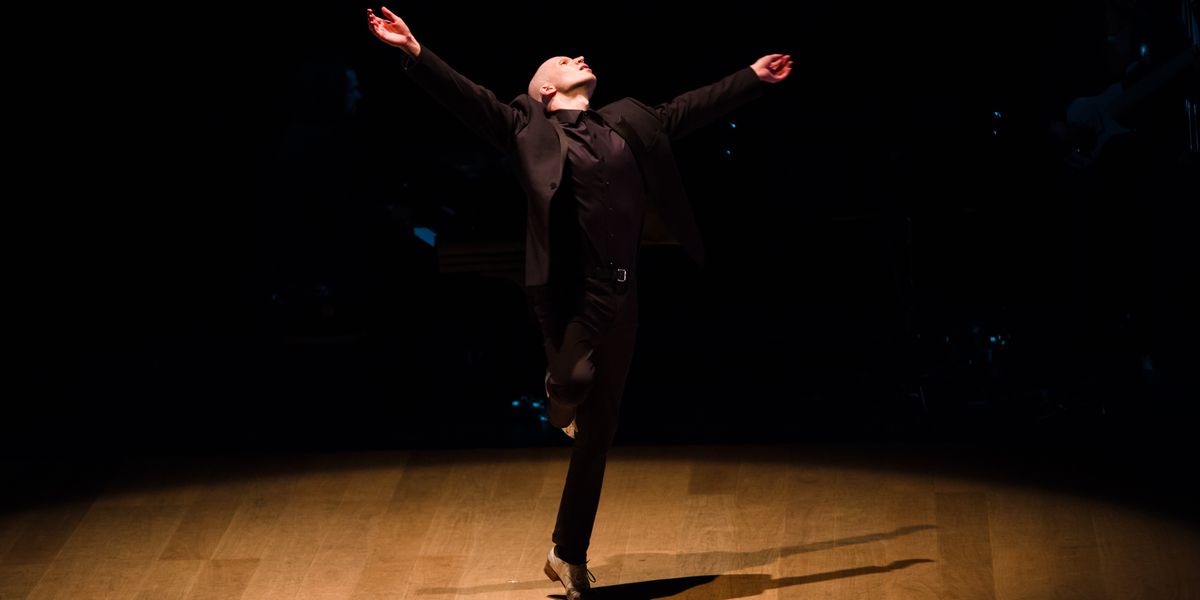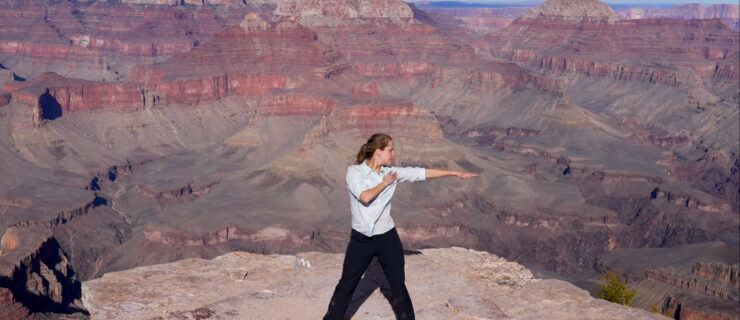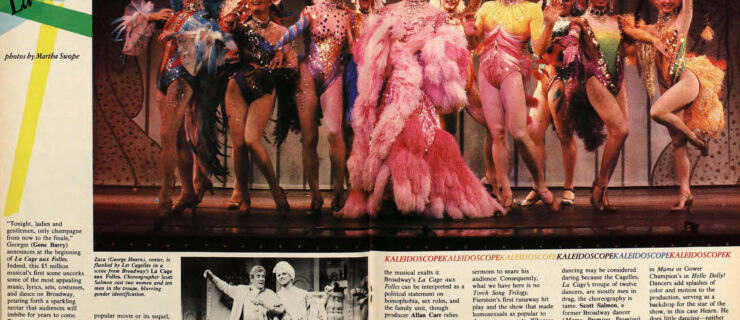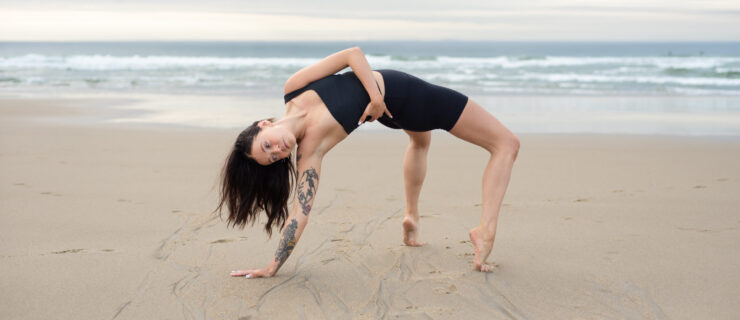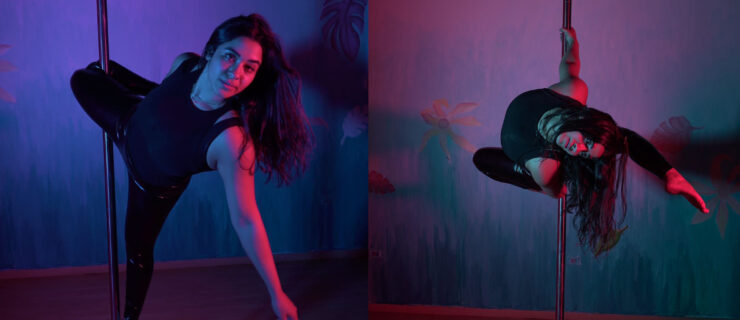How Tap Dancer Warren Craft Worked Past His Fear of Failure Onstage
Improvisation has been my focus for as long as I’ve been able to move to music. At first, I was drawn to the way it transported me into a place of euphoria when things miraculously went well. I thought of improvisation as a force of its own, moving me to make certain choices. But if I wasn’t happy with a performance, I would stay awake at night with tons of regrets, never accepting it as fated, always blaming myself.
I started to realize that I was dancing to “just not fail.” I knew I had to stop thinking of dance as something to be afraid of. So instead, I began to see it as an ally that was revealing even more to me than it was to the audience: All of my hopes and fears were being uniquely and personally communicated through my body in a way that was meant for me to understand.
Something that plagued me when I started improvising seriously was the misconception that dancing my fullest, with my most energy, would need to take on aggressive, reckless or dark characteristics. My warm-up used to be tensing up all my muscles and thinking of something that made me angry. I was aiming for a particular intensity repeatedly without really taking stock of how I felt.
As the performances with Dorrance Dance became more high-pressure, due to the attention the company was gaining, I needed to adopt some centering techniques to calm my nervous energy before a show. Introducing meditation into my routine gave me a consistent way to ground myself. It allowed me a patience for an honest and open-ended type of creativity that wasn’t just focused on success.
If I cleared my mind by being still and silent before I took the stage, I was surprised by all the different scenarios, identities and emotions that arose freely, without my forcing them. I could even get a sense for if those things were right to incorporate into my everyday life and if those were feelings I wanted to share with people close to me. That kind of information is so valuable. I now have a motivation that’s fueled by a desire to explore a broader range of emotions through a more honest process.
